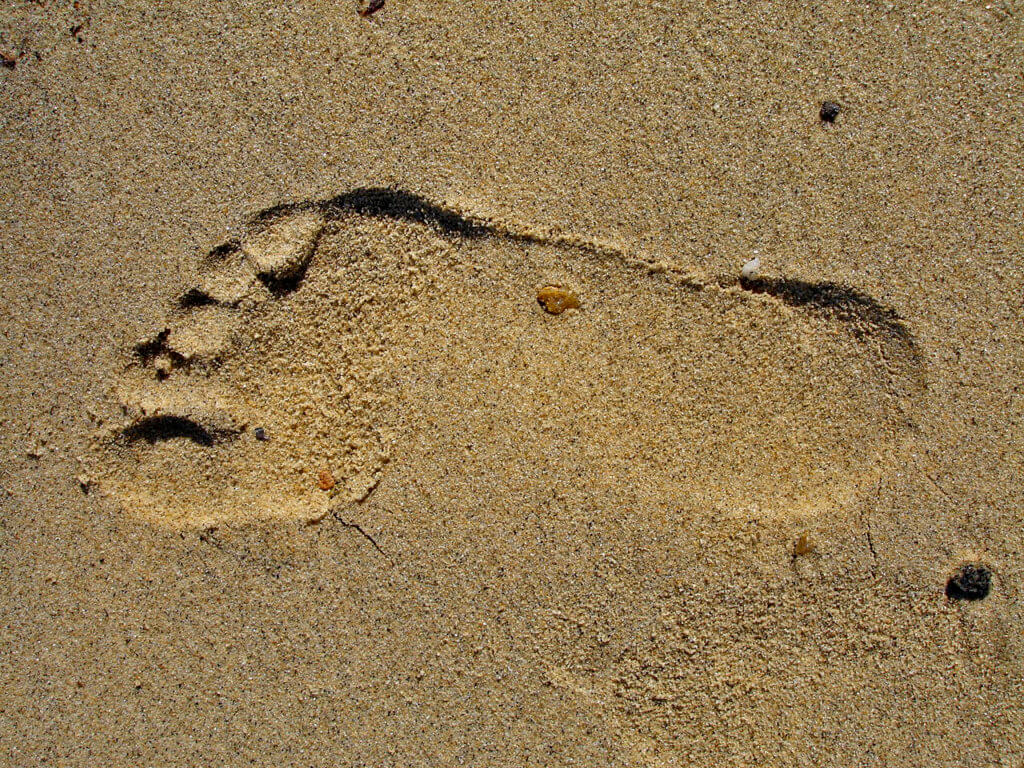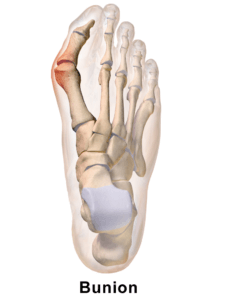Verruca, commonly referred to as warts or plantar warts, is a soft tissue condition on the bottom of the foot that can be quite painful. Children and teenagers seem more susceptible to warts than adults.
Plantar Warts Causes
Warts occur when the human papillomavirus (HPV) contacts the skin on the soles of feet. The virus is usually introduced into the body through small cuts or openings on the bottom of the foot. HPV thrives in warm, moist environments, making it a common occurrence in communal bathing facilities.
If left untreated, warts can grow to an inch or more and can spread into clusters of several warts; these are called mosaic warts. Like any other infectious lesion, plantar warts are spread by touching, scratching, or even by contact with skin shed from another wart. The wart may also bleed, creating another route for spreading. Occasionally, warts can spontaneously disappear after a short time, and, just as frequently, they can recur in the same location.
Symptoms
Warts are often mistaken for corns or calluses. Warts, however, are a viral infection. Plantar warts tend to be hard and flat, with a rough surface and well-defined boundaries; warts are generally raised and fleshier when they appear on the top of the foot or the toes. Plantar warts are often gray or brown with a center that appears as one or more pinpoints of black. It is important to note that warts can be very resistant to treatment and have a tendency to reoccur.
When plantar warts develop on the weight-bearing areas of the foot (the ball of the foot, or the heel, for example), they can be the source of sharp, burning pain. People often describe the feeling as walking on a small pebble.
Your physician can usually diagnose a wart by completing a simple physical exam. He or she may remove a section of the lesion to send out for further testing.
Plantar Warts Treatment
While some warts may go away by themselves often you will need to seek treatment by a physician to resolve the issue. These treatments can include:
- Prescription-strength wart medications
- Cryotherapy (freezing the wart off)
- Immunotherapy
- Minor surgery to cut away the wart
- Laser treatment



